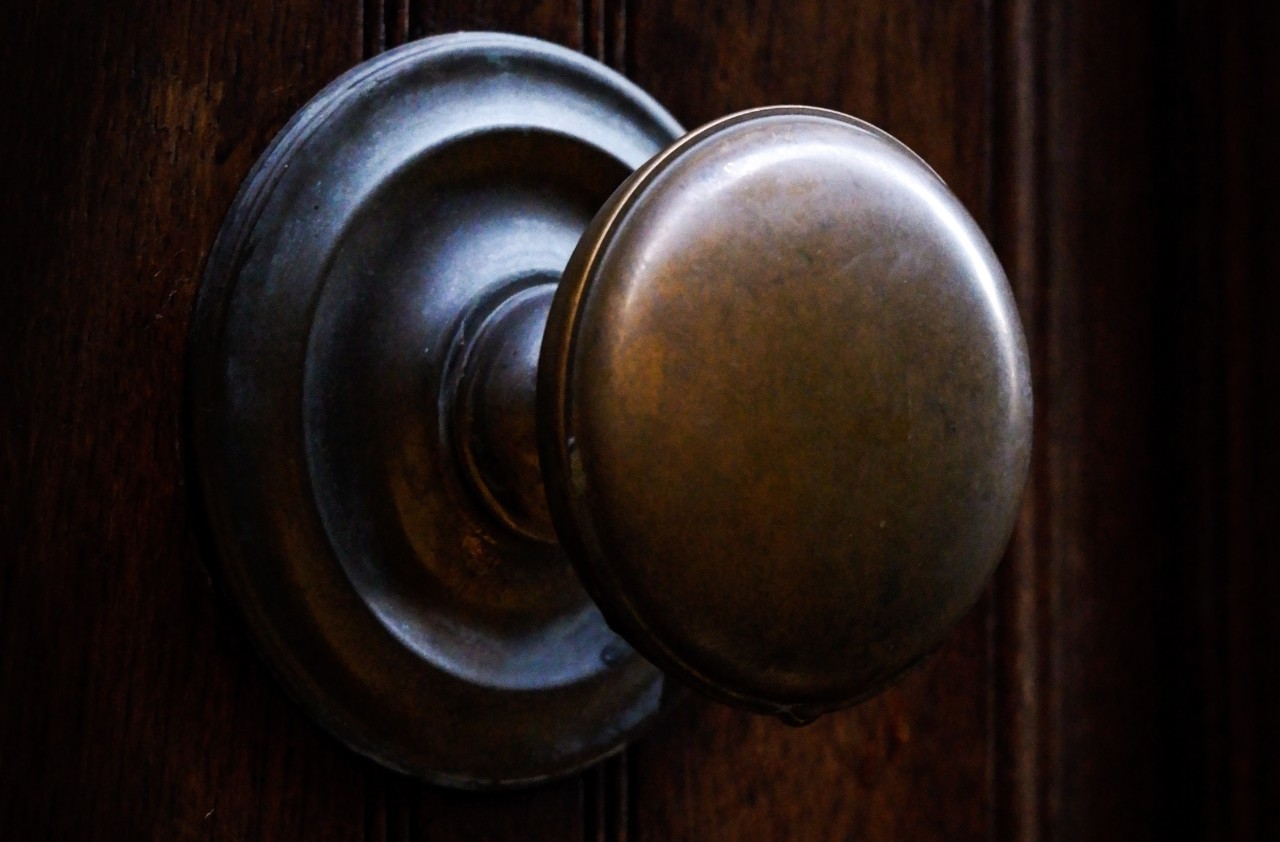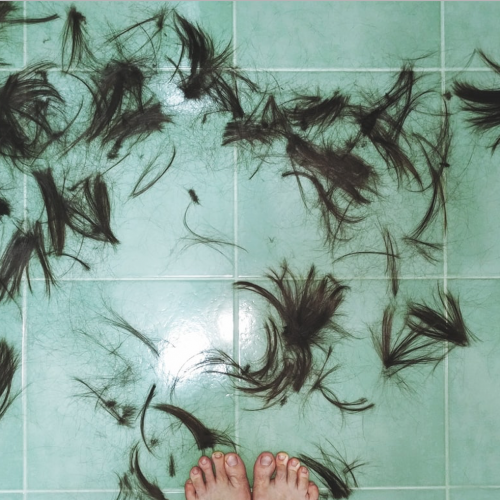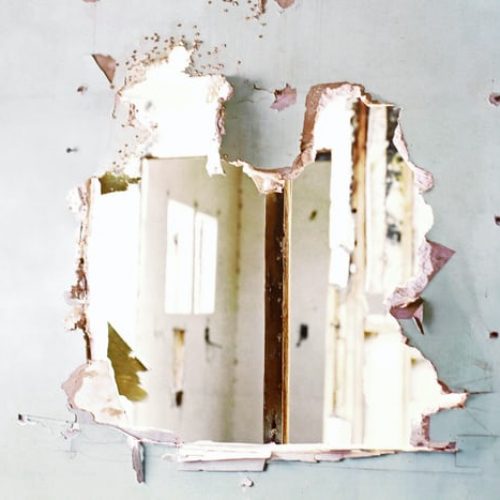My father had borderline personality disorder. That meant a lot of things, but mostly it meant that he couldn’t stand to be alone.
My father had intercoms around the house. Silver boxes that he set next to the bathroom toilet, on the countertop, and next to the kitchen faucet. He put one next to my bed, on my dresser, and another on his nightstand. Most of the time, he asked for simple things. “Sweetheart, can you bring me a cup of milk?” Other times, he tapped the button twice, like Morse code that I understood as, “You’re still here, right?” Usually, when I heard it, my head jerked like Pavlov’s dog before I dragged myself to my father’s room, my fourteen-year-old body resisting as if tethered to a leash. It was just the two of us. We had buried my mom at Menorah Gardens two years ago. Both of my sisters were away at college.
One night, I woke to a siren call through the hallways, open bathroom, and kitchen. The sound was suffocating. He never held the button. I knew to run. That night, it took me seconds to reach his room.
His door was locked, the key from the top left corner removed from the security box. I scrambled to find my spare—hidden in a mason jar of pennies. The glass trembled between my palms, as coins clattered onto the tiles like bullet casings. I spotted a silver flash against the copper coins. I hoped the key fit the lock.
Stepping into his room felt like sealing the hatch on an isolation tank. Absolute darkness, the stillness of the objects, the air came to a halt. The fan that usually whirred next to his bed stood silent that night. Our black Labrador, Care, whimpered from behind the closed bathroom door. Instead of a note, he’d left a list of passwords and pin codes to his bank accounts with the relevant balances.
My father’s breath broke through the darkness, a faint hum that spilled through the stagnant air and enveloped me. I fumbled with the remote until the light above his bed illuminated the scene. My father’s neck was suspended by a rope to the rafters of his headboard. His eyes—blood spots surrounding blue irises, bulging from his purpling face—motioned towards the button that controlled the adjustable mattress. His fading breath quickened my hands. I squeezed my fingers between the noose and his neck. His skin loosened and hung over my hand. If I pressed the wrong button, I would strangle him. I elevated his head to ease the tension until I could slip the rope off his neck.
Ten years from that night, he’ll casually bring it up in the living room.
“I’m sorry about that scare, sweetheart,” my father will say, nervously playing with the tassels on his blue sweatpants. “I didn’t mean to hurt you. I was just trying to test myself. To see if I could really do it.”
This is the first time he’ll mention that night, when the sweat puddled on his neck, the bruise deepened, and tears muddied both of our faces. That night, he asked me to stay next to him. That night, I listened to the casual pull of his breath—breath I couldn’t count on anymore.
When he fell asleep, I rubbed small circles around his back, sank my body into the small space beside him, and measured his heartbeat alongside my own.

Laura Ohlmann
Laura Ohlmann is an MFA graduate from the University of Central Florida. Her work is forthcoming in The Rumpus and has appeared in Honey&Lime, South Florida Poetry Journal, In Parentheses, The Elevation Review, and was an honorable mention in the 2016 Wild Ekphrastic Poetry Contest. She enjoys sleeping in her converted Honda Element and biking up mountains with her partner and dog.





